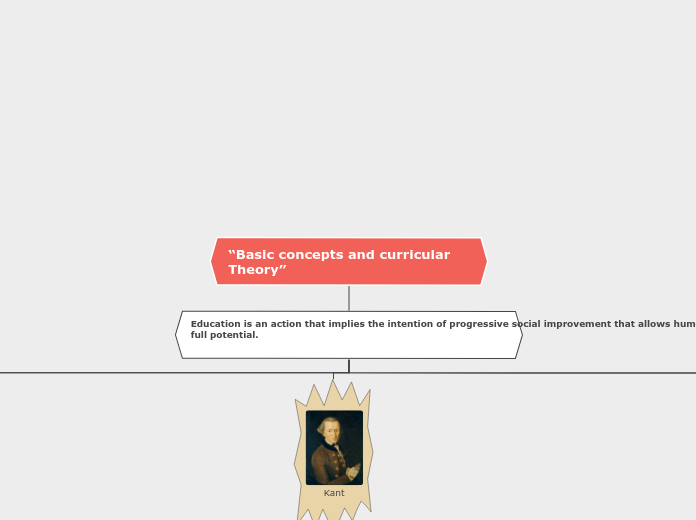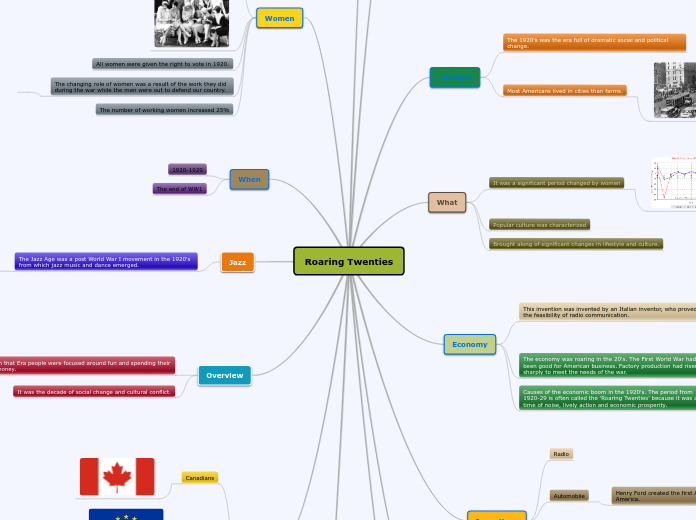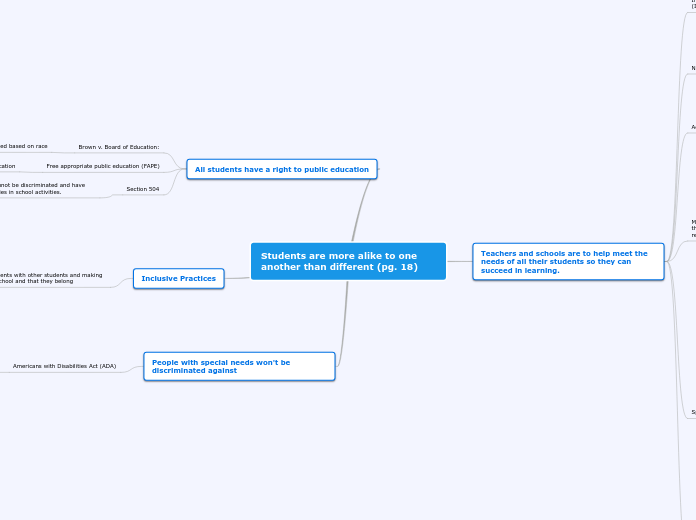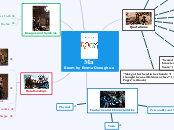“Basic concepts and curricular Theory”
Education is an action that implies the intention of progressive social improvement that allows human beings to develop their full potential.
Jean-Jacques Rousseau
"liberator of the child and as the father of modern progressive education”
interaction with the physical world
games
naturalistic education
interests and peculiarities
artificial behaviors
manners should be avoided
the child should not be arbitrarily punished
suffer the natural consequences of their actions
learning was postponed through books
advises
Rising children
"fix your eyes on nature, follow the path traced by it"
natural processes are better
Montessori
study of children with mental disorders
1907
the first Children's House
the child developed with dignity, freedom and independence.
"the child, guided by an inner teacher works tirelessly with joy to build man."
practiced hygiene and manners
house made to the scale of the little ones
practical living room
observation
the child in school
respect the child's sensitivity
maestros como guías
materiales manipulables
loving environment
Kant
pedagogy seeks to transform the spontaneous process of education into systematic knowledge
physical education or practical education
student is allowed to make use of their capacity for reflection
fuerza moral
freedom that is determined or guided by the laws that govern society
student must show passive submission and obedience
discipline
rest on exercise
governs a mechanical force
Aristotle
fuller and deeper philosophical systems of ancient thought
dominates western thought
disappearance of the idea of the world
Modern Age (rationalism, empiricism, Kant)
new systems in the Renaissance (Galileo)
reflection on main areas of philosophy
aesthetics
politics
ethics
anthropology
logic
knowledge theory
nature philosophy
metaphysics
Plato
goal of clarifying the nature of justice
theory of shapes or ideas
conception of art
concept of the State
psychology
ethical theory
idea of knowledge
members of society
intellectual qualities or interests
not allowed
Level high
nature of absolute reality
practical experience
"form of the good"
features
study of mathematics and philosophy
philosophers-rules
guardians who ruled it









